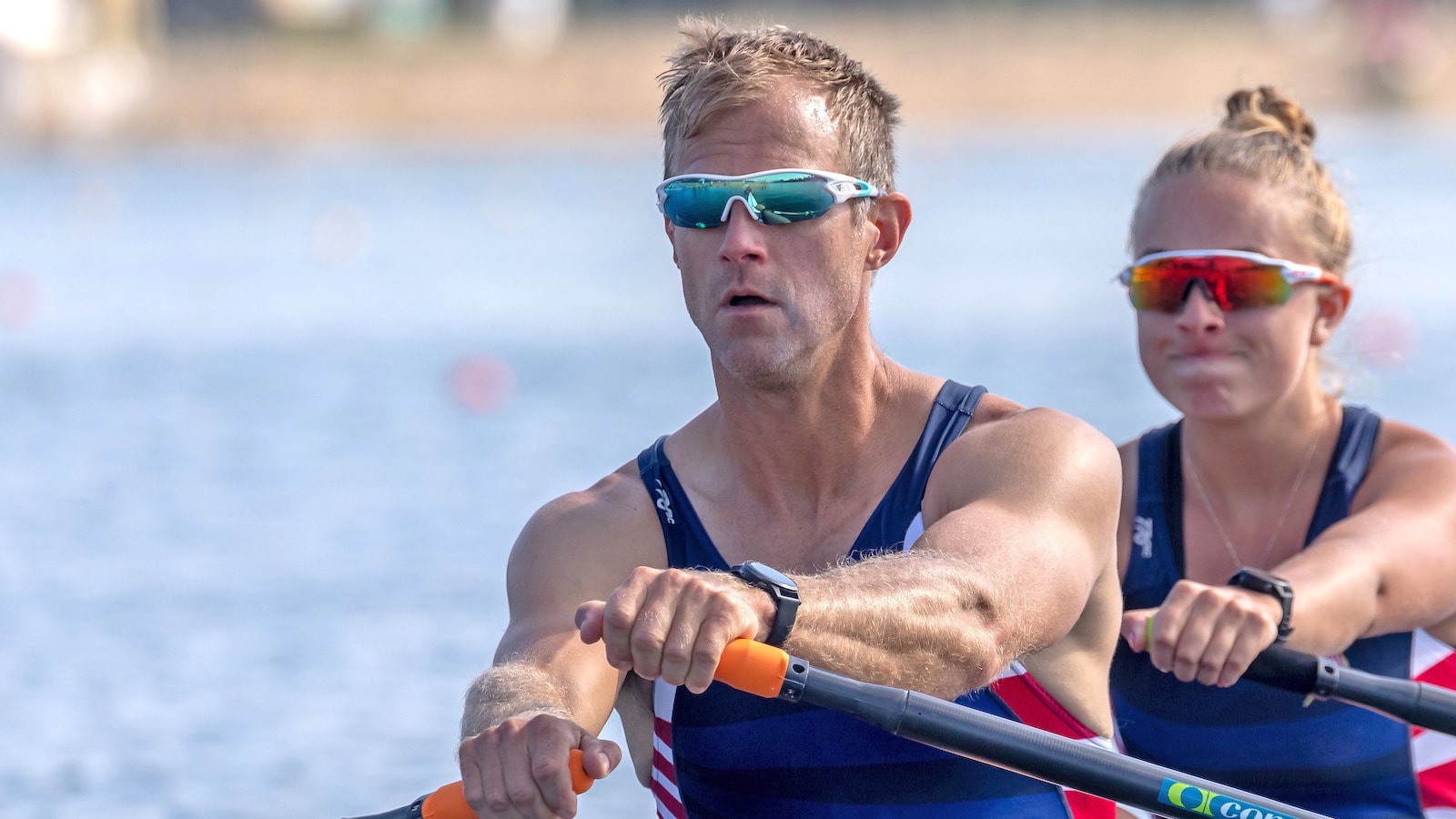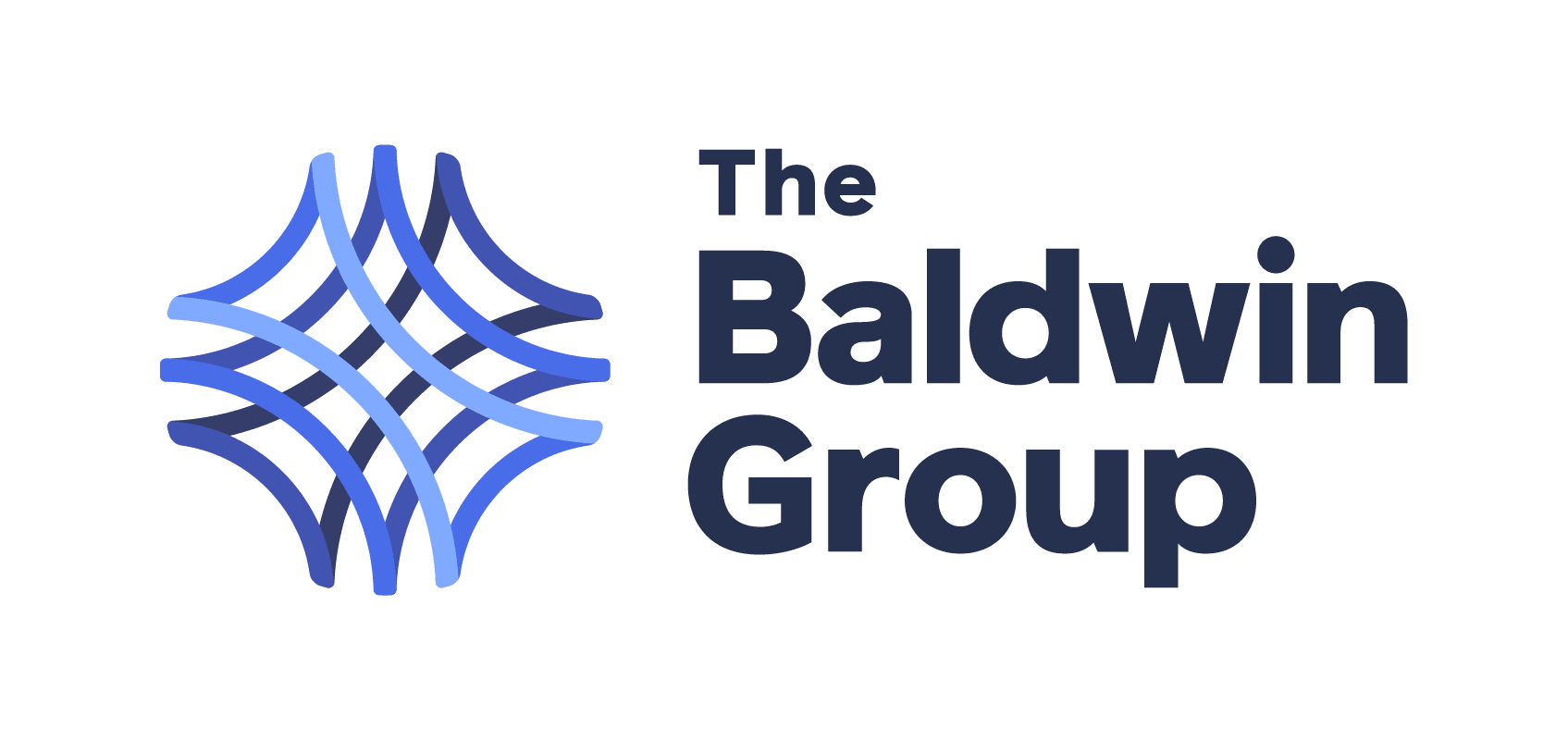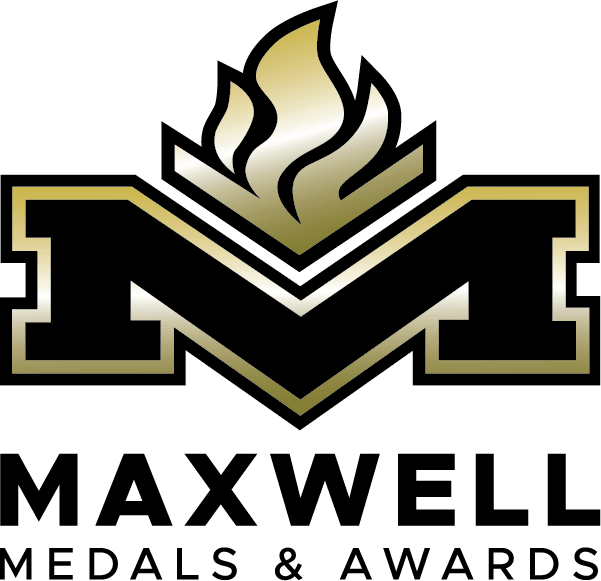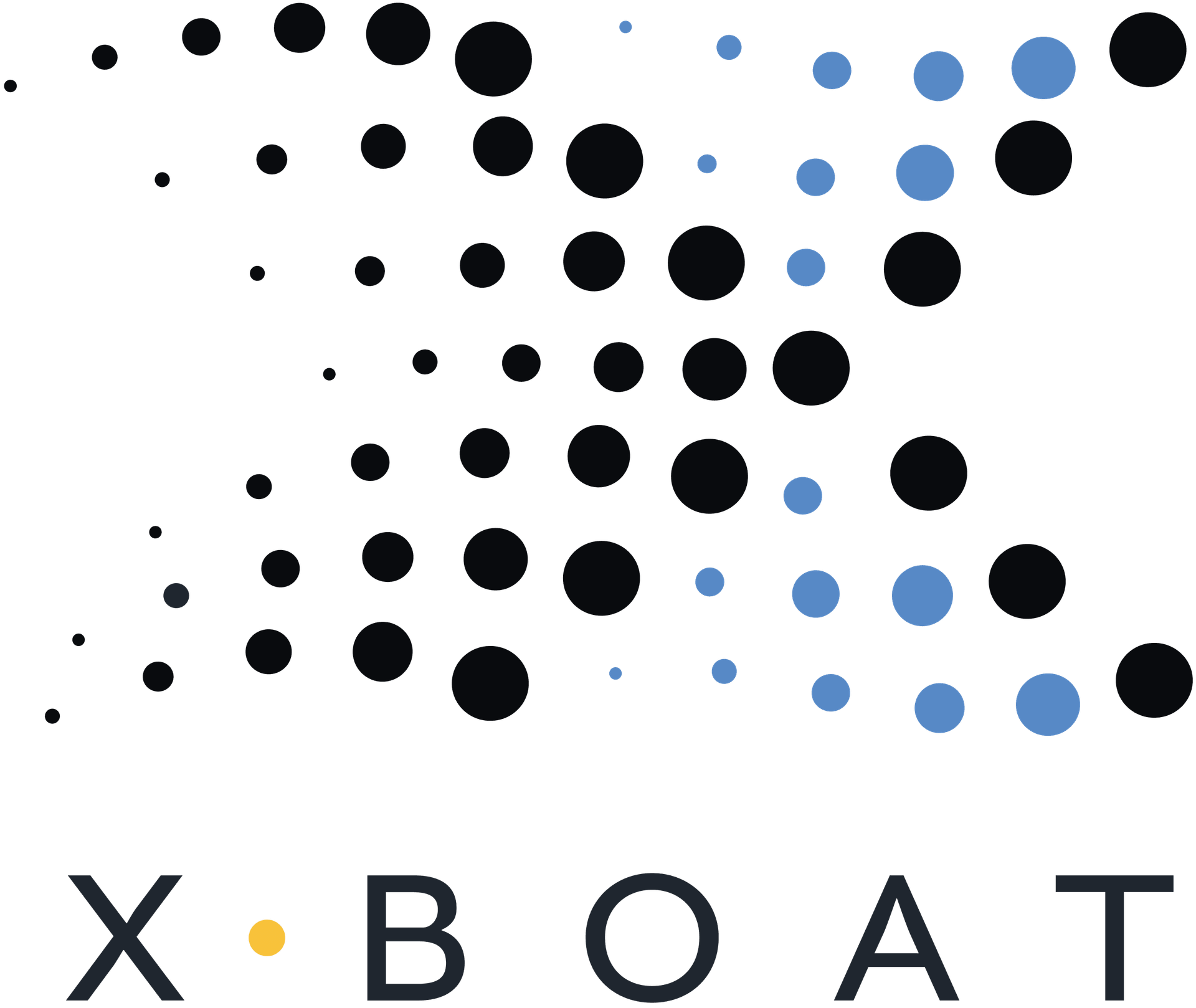
Apr 08, 2024
Meet Todd Vogt, Paris 2024 Paralympian
Tell us a little about yourself.
I'm 49 years old, and I live in Portland, Oregon, with my wife Heather and my dog Lona. I started rowing in 1992 during the fall of my freshman year of college at the University of Buffalo. I was immediately hooked on the sport, as it seemed like a sport which primarily rewarded hard work and required being able to deal with pain. I was a mediocre athlete growing up, playing soccer, tennis, and baseball. I had some raw athleticism but not much skill. I didn't know anything about rowing prior to seeing a flyer outside my dorm room that said, "get fit, make friends." It sounded intriguing. I went to the informational meeting, was both terrified and excited, and was all-in after the first practice.
After college, I continued to row competitively in open and masters events. I've also been coaching rowing for over a decade, including coaching juniors, masters, and at the collegiate level. When I'm not rowing, I enjoy watching movies, drinking fancy coffee, and taking my dog swimming.
How did you learn about Para rowing, and what was your Para certification like?
My life changed in the summer of 2018 when I was diagnosed with Young-Onset Parkinson's Disease (PD). Immediately after diagnosis, I thought I was done rowing competitively, which was depressing since so much of my life and identity revolved around it. Luckily, I knew about Paralympic sport, having been immersed in the rowing world both as a rower and coach.
At first, I thought I might do some local racing in Para events, and eventually, I reached out to Ellen Mizner, USRowing's Director of High Performance to inquire about the classification process and the Para national team. Ellen wanted to see some video of my rowing and to see some results on the erg. After receiving that information, Ellen told me I could come to selection camp in the summer of 2019 if I could get classified in time. I quickly scrambled and got classified just in time to go to selection camp.
Are there any technique or boat adjustments you need to make for your impairment?
PD affects my rowing in several ways. I have a significant tremor in my left hand and foot, and my entire left side is less coordinated and rigid. Additionally, I'm much more fatigued physically and mentally than I was prior to the onset of PD. When my medication is working, I feel good – sometimes almost as good as I used to feel. When my symptoms are particularly bad, I have to fight my way through workouts as best I can.
My rowing technique is much more impacted than my fitness, relatively speaking. It's hard to feather and square with my left hand, my left hip sits differently on the seat, and my left foot doesn't push as smoothly as my right foot. It's frustrating at times, although I try to channel my frustration in a positive way and use it as motivation to work harder and smarter.
What was your Para national team journey like?
My time on the U.S. Para national team has been a wild, challenging, and fun journey. I made my first Para national team in 2019, racing at the World Rowing Championships in Linz, Austria, in the Men's PR3 pair event. This was a crazy experience since I was racing for the U.S. and seeing some of my idols, such as Mahe Drysdale, Hamish Bond, and Olaf Tufte. I was happy to be there, but also a bit bummed at my own performance, finishing sixth out of six entries. That result motivated me to train harder upon getting back home.
In 2021, I was the alternate for the Tokyo Paralympic Team. Again, I was honored to be named the alternate and disappointed that I wouldn't be racing. In 2022, I rowed at the World Rowing Championships in Racice, Czech Republic, in the PR3 mixed double sculls, finishing fifth out of six entries. Based on our results earlier in the season, we thought we had a real shot at a medal. However, we couldn't pull that off at the World Championships. After the World Championships, we were supposed to take a few weeks off or train easily. I immediately started training longer and harder, because I was on a mission to get faster and row better. Again, I rowed in the PR3 mixed double sculls at the 2023 World Rowing Championships, finishing in second place, which was amazing. Now I'm home working hard to bring home a medal this summer in the PR3 mixed double sculls.
Looking back on my Paralympic journey seems like climbing a mountain. Every time I get a little fitter and faster, I realize that I need to get even faster and row ever better. This thought motivates me everyday to work harder and smarter.
You raced in the PR3 mixed double sculls at Worlds in 2023, how did you handle the pressure of that event?
Racing in Belgrade, Serbia, at the 2023 World Championships was both amazing and challenging. Unfortunately, I arrived in Belgrade quite sick with a bad cold. Our preliminary heat was a week away, and I hoped that I'd be well for the heat. I still felt very weak on the day of our preliminary heat. Even still, my partner, Gemma Wollenschlager, and I finished in third in the heat, with the third fastest time overall. This was both exciting and frustrating. Two days later, I felt much better for the repechage, and we won the race by a large margin.
Going into the final, we knew we had a shot at a medal, and it would be a close race.The conditions were not great, with a strong headwind and rough water. We trained out of the MIT boathouse in Boston and did most of our hard work in the Charles River Basin, which is frequently windy and choppy. We weren't overly intimidated, having practiced in similar conditions at home. The conditions probably worked in our favor, as we typically rowed a slightly lower stroke rate, and both of us had solid speed on the erg.
What was your favorite race and what made it so special?
Definitely the 2023 World Championships – having to deal with illness, going through the heats and reps, dealing with the rough conditions, and ultimately bringing home a medal.
The 2023 Head of the Charles was amazing as well. I rowed in the mixed inclusion double sculls with my local training partner, Carey Connell, and we won the race by a decent margin. I've raced at the Charles many times and have won medals in other events, but I'd never won a race at the Charles. It was great winning a Charles event in a boat class I was hoping to race in at the Paris Paralympics.
How has being a Para rower made you a better rower?
Being a para rower has made me a better rower in several ways. I'm forced to be smarter with my training. For example, prior to my PD diagnosis, I would run or just ride a stationary bike for cross-training. Now, I can't run much and can't do long sessions on the bike due to dystonia (involuntary cramping) in my left calf. I've had to get creative and expand my options to other things like using the stair climber, the ski erg, and uphill treadmill hiking with a weighted backpack.
What helps motivate you?
Several things motivate me. After doing some research, I know of only one other athlete that has competed at the Paralympics after being diagnosed with Parkinson's – a British soccer player who represented Great Britain at the 2008 and 2012 Paralympics. Along similar lines, the challenge of training and racing with PD motivates me. It motivates me to fight against my symptoms, to figure out how to row better while dealing with the way my body moves. I hope my situation helps others with Parkinson's to get out there and to try to enjoy life.
What are you most looking forward to at the 2024 Paris Paralympic Games?
I'm looking forward to many things in Paris. The Opening Ceremony along the Seine River sounds amazing. Being in the Olympic Village sounds amazing. I can't wait to get out on the racecourse and race all the other crews.
What advice would you give an athlete interested in Para rowing?
Do it! Don't be afraid to reach out to the USRowing coaches and athletes for information on how to get involved.























